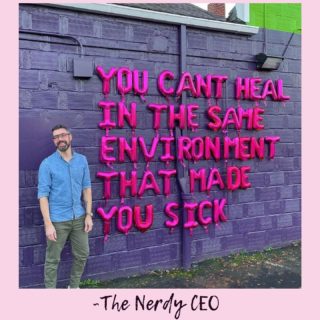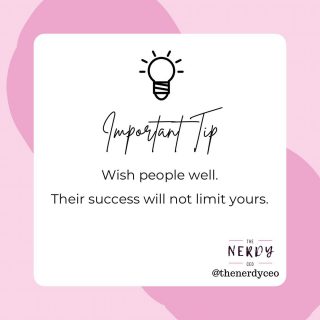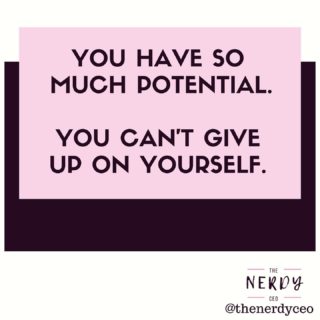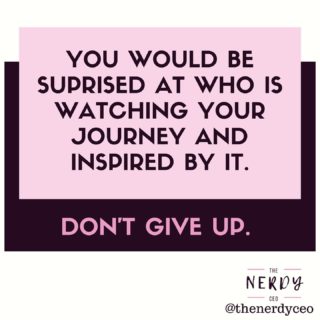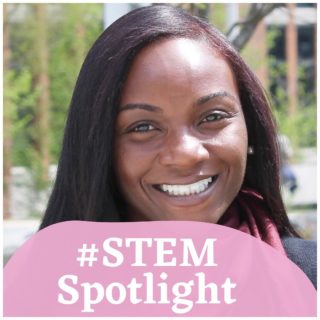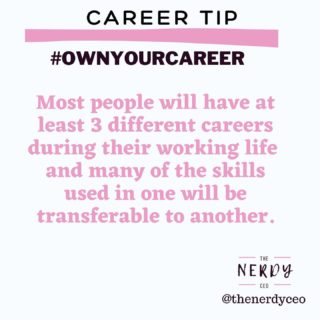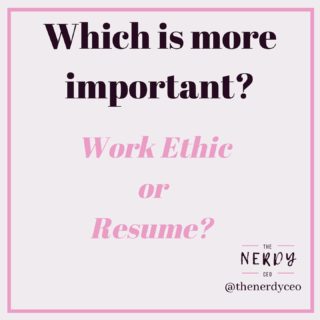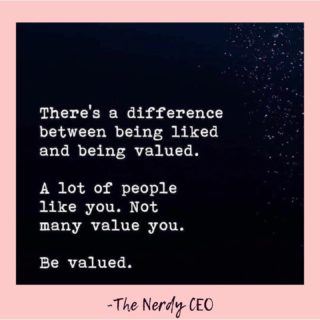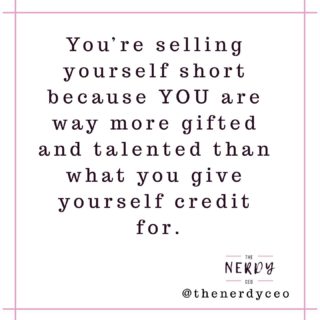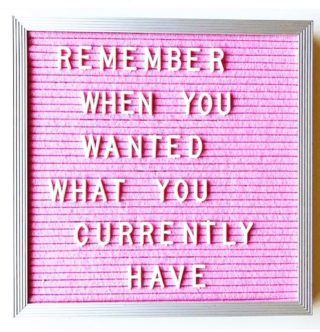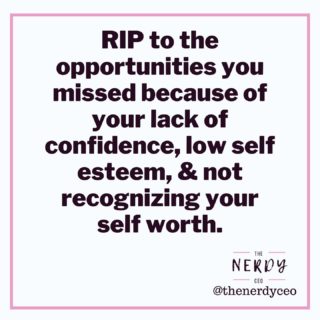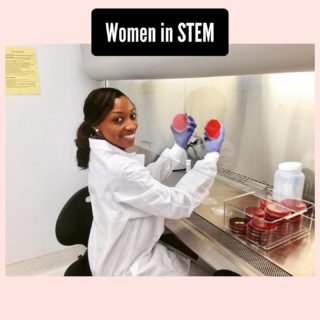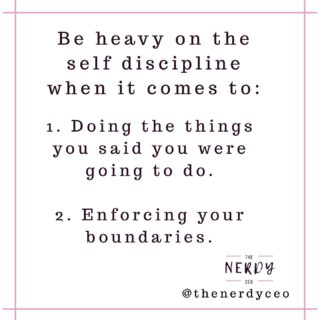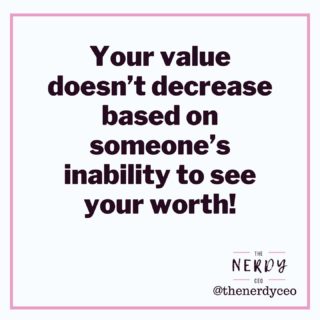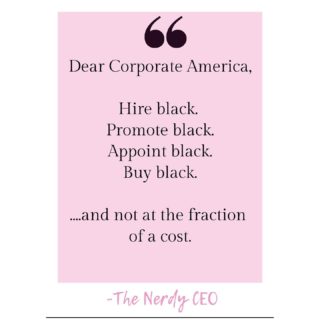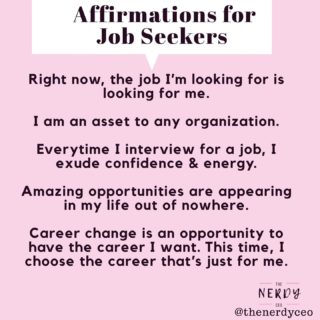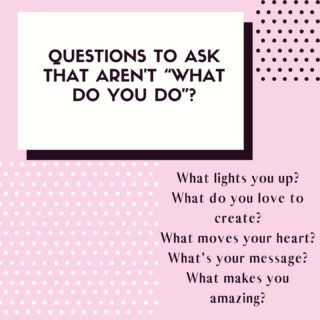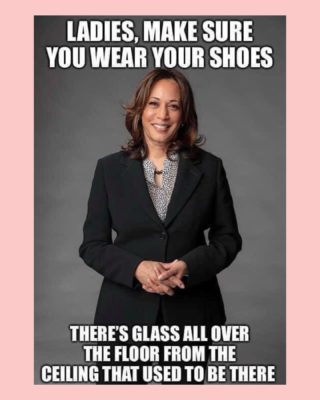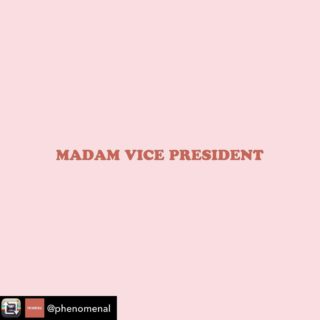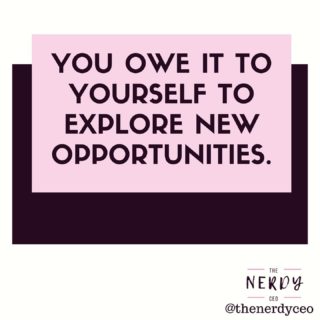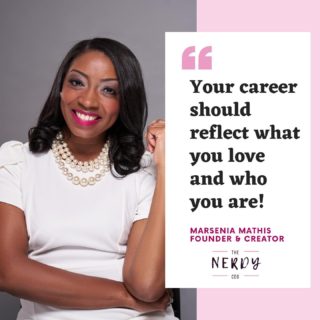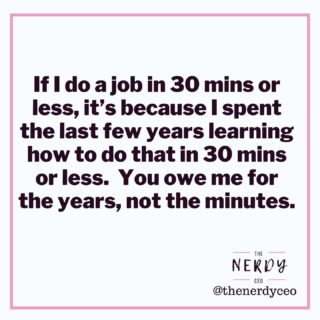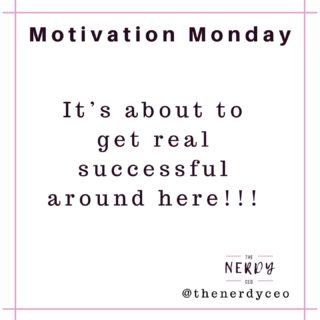Presents: Coach Hilda Hankerson Tell Us What Do You Do? I am a High School Girls Varsity Basketball Coach and Health and PE Dept. Chair at an Atlanta metro area High School. Please share your story with us. How did you get to where you are today? My basketball journey began as a player at…
The Nerdy CEO presents Black Women Who Lead Series: Introducing Dr. Jennifer Whitmon
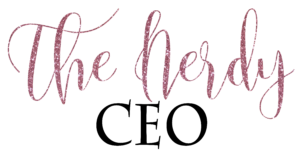
Presents Dr. Jennifer Whitmon
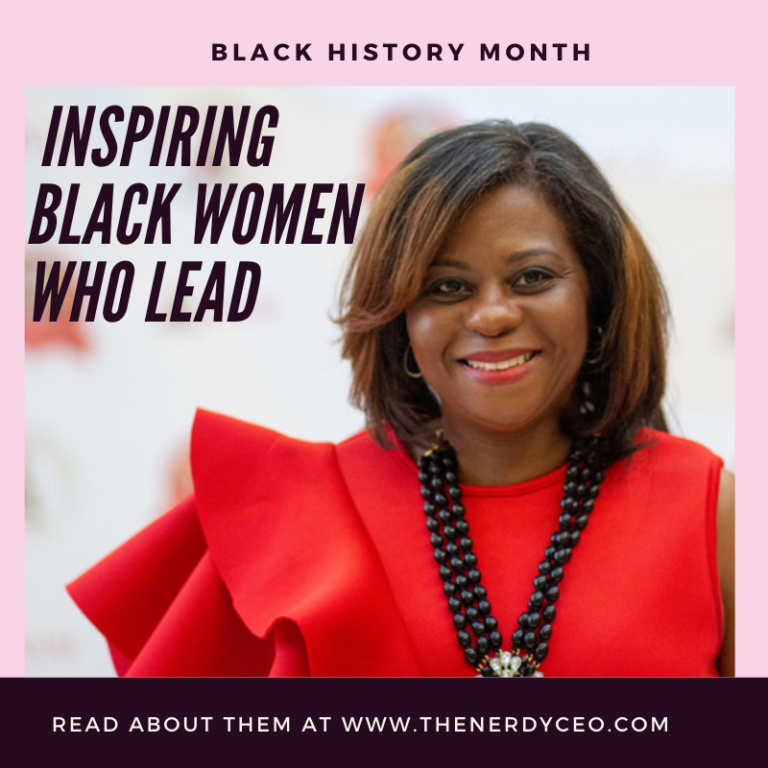
Tell Us What Do You Do?
I am a Microbiologist by training with experience in infectious diseases, diagnostics, lab systems, biosafety, and quality management. I have worked in three infectious centers at the Centers for Disease Control and Prevention (CDC). I am currently a Laboratory Safety Manager within a National Center at the CDC. I am the primary point of contact between various offices and our center laboratories with over 200 lab staff. I am responsible for the implementation and evaluation of sound scientific and safety-related laboratory practices. I use my knowledge of general and specialized safety and occupational health practices, methods, and techniques that I learned while working in the laboratory as a microbiologist for over twenty years. In a nutshell, I make sure laboratory staff are safe while at work. In addition to my position at CDC, I serve as an Adjunct Faculty member at Touro University Worldwide, I teach healthcare courses within the School of Business and Edith Neumann School of Health and Human Services programs. I am also a certified health coach who focuses on food and how it is linked to health. I give clients strategies for eating healthy along with Christian inspiration.
Please share your story with us. How did you get to where you are today?
I have always had a love for science and wanted to become a primary care physician. I pursued a Biology degree as an undergraduate at Alabama State University. While there, I had the unique opportunity to participate in formal scientific research projects in the fields of microbiology and immunology. Participating in research summer internships at the University of Southern Mississippi and the University of Wisconsin at Madison increased my desire to do research in the field of microbiology. As a graduate student at Clark Atlanta University (CAU), in the Master of Science degree program in Biology, I conducted research in viral immunology. After year two of graduate school, I accepted a position at the CDC as a contractor to work on respiratory bacterial pathogen study in an infectious disease laboratory. I later returned to CAU and completed a degree in Master of Arts degree in Science Education. I worked as contractor at CDC, then became a permanent employee and conducted clinical diagnostic research on exotic parasitic diseases, basic research in entomology and later returned to work with bacterial pathogens. Many of cutting-edge techniques and procedures, I learned while completing research projects as an undergraduate and graduate student. After more than twenty years (including contractor time) and going back to school to complete a doctorate in Health Science with a global health focus, I left the laboratory and moved into a science management biosafety leadership position at the agency.
What are some of the most important values you demonstrate as a leader?
Some important values I demonstrate as a leader are vision, inspiration, and mentorship. While I worked for many years in the laboratory at CDC, I had numerous opportunities to work with employees such as, junior level scientists, fellows, and students. I assisted them with not only their laboratory projects but found myself giving personal advice and career guidance. Years later, many of the former employees came back to visit or sent me notes stating how I helped them to make better decisions regarding school, career, or their personal lives. After multiple former employees reached back to contact me over time, I realized I was helping them cast vision, inspired them to do great things and I was being a mentor. At that point, I realized I had a gift for guiding others. One of my mentees once said to me, “I feel like a weight has been lifted off my shoulders when our conversations are over.” That compliment made me aware of my values and importance as a leader.
What has been the biggest challenge throughout your career trajectory that you’ve had to overcome?
I have overcome so many challenges in my career. I would say my biggest challenge that I had to overcome throughout my career trajectory was been being pigeon-holed. Being pigeon-holed means, not being able to advance to higher positions based on your existing set of skills. In most of the positions, I have held, I have conducted basic research and development or clinical diagnostic research. As I sought to leave the “bench” and advance to administrative, management or leadership positions, I realized I did not have the skill sets to progress. To overcome these challenges, I was able to take training courses, but not able to do the required hands on work. What helped me to learn additional skills was being open to volunteer for various projects within and outside of my workplace. I also decided to go back to school at an older age and pursue a doctorate. It took me ten years to find the perfect degree program. What I mean is I was married with a family and needed to find a suitable degree that would benefit me in my career and other endeavors I wanted to pursue. Going back was one of the hardest things I have ever done, but also the most rewarding.
Can you give an example of your own personal experience with failure? How were you able to overcome it?
Wow, that’s a good question. I have so many examples, so here’s one. Before I pursued a career as a scientist, I aspired to go to medical school and become a primary care physician. Being raised in a small town in Alabama with few role models in STEM fields, I thought being a medical doctor was the only gainful career I could pursue. So, I applied to medical school and was not accepted. Because of the denial, I thought I had failed. Years later, after receiving my doctorate in health science with a concentration in global health, I was given an opportunity to teach a healthcare course to medical doctors. What I thought was failure, was God guiding me to a different path than what I thought was for me. What I learned was to not give up on your dreams but find another route to success, which may not look like what you had originally planned.
Heroes: What past leader you have worked with/ for you really admire and why?
One of my mentors and former supervisor was Dr. Jacquelyn Sampson, a research microbiologist at the CDC. Dr. Sampson who is now retired, is a brilliant African American female scientist who held numerous scientific patents. What I admire most about Dr. Sampson was that she was not only a dedicated scientist, and international expert in respiratory infectious diseases, but she was also a wife, mother and eventually a grandmother, who moved through life with grace, class, poise, and dignity. I learned so much from her, not only about our infectious disease studies but also things like navigating the agency to the importance of work-life balance. I am so grateful to have worked with her for over ten years and to have remained in touch with her after her retirement.
What are some of the top qualities and traits that you think is needed in order to succeed?
Some of the top qualities and traits I think you need to succeed are emotional intelligence, self-awareness, and good communication skills. Emotional intelligence is the ability to be aware of your emotions. Also, being able to control your emotions (when needed) and be aware of the emotions of others. Emotional intelligence doesn’t mean hiding your emotions or not having feelings, but it does mean managing your emotions and not being led by them. This trait also means you can show empathy and compassion for others. Self-awareness is related to emotional intelligence, it means knowing who you are, what your needs and values are. Being self-aware helps you to get help when needed and it also lets you know if you can help someone else or if you need additional resources. Self-awareness helps you to lead and even to be a team player. A final trait is that one needs to succeed is good communication. Good communication refers to oral and written communication as well as good listening skills. Another area of communication refers to non-verbal communication. Our voices and facial expressions can relay messages and your body can be displaying a different message.
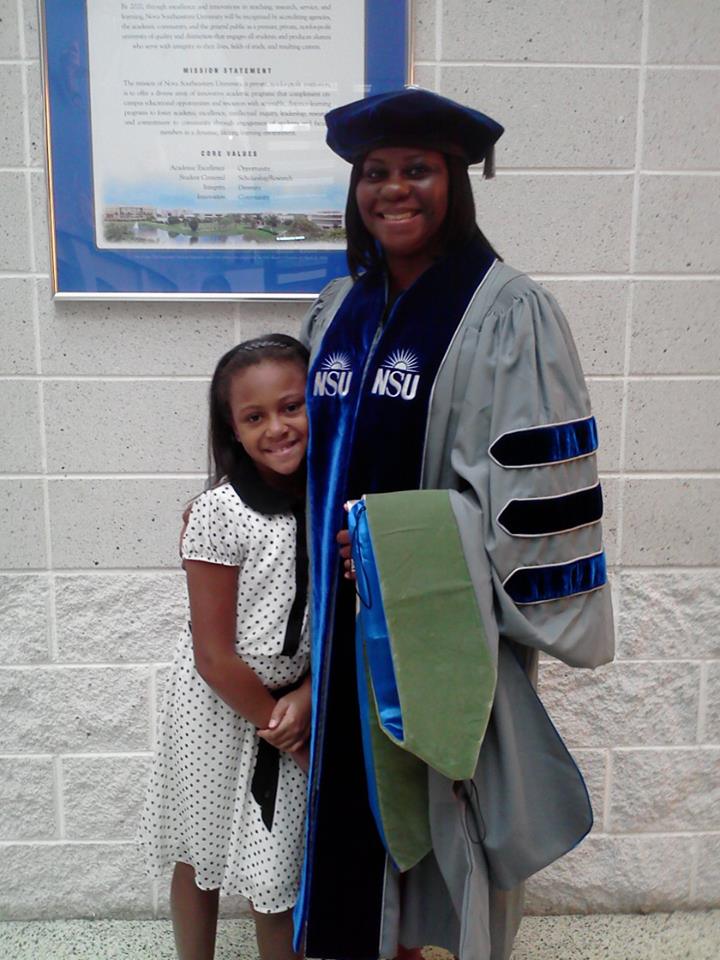
Any major accomplishments you would like to share?
In my professional career, I am proud to have collaborated with scientists and contributed to the scientific literature by publishing scientific research articles, a book chapter and a patent. However, a major accomplishment was the writing and release of my Christian health book entitled “Put That Fried Chicken Down, Five Simple Steps for Southerners to Jumpstart Their Health Journey.” My book will help you to increase awareness of your diet, learn why you have poor eating habits, learn practical skills and strategies to improve your eating habits.
What’s your best piece of advice for readers who desire to find success in their career and life?
Don’t be afraid to take positive risks in your career and life. Pursue your degree, start a business or non-profit organization, apply for the new position, you get the idea. You never want to look back over your life and say “I wish I would have done…” At times fear will creep in to try to stop you from achieving your goals and dreams, but you must put fear to rest by pressing through and starting something new. My favorite scripture verse is Isaiah 43:19. It reads, Behold, I will do a new thing; now it shall spring forth; shall ye not know it? I will even make a way in the wilderness, and rivers in the desert.
Contact Info (includes: website information, product information, list of services, etc.)
Health Coaching Services:
- Virtual Smart Shopping (grocery) Tour
2. Individual Consultations
3. Virtual Book Clubs
Contact Info for Health Coaching:
Website: www.drjenniferwhitmon.com
Email: drjenniferwhitmon@gmail.com
Facebook: @drjwhitmonhealthcoach
Facebook Group- Put That Fried Chicken Down VIPs
Book: Put That Fried Chicken Down available where books are sold (i.e. Amazon, Barnes and Noble)
Clubhouse: @jenniferwhitmon
This series is dedicated to highlighting trailblazing women of color that are leaders in their careers as well as in their communities. From public health professionals, to educators, professors, and influencers, these women bring in fresh perspectives, talent, and creativity. They continue to break barriers even till this day, which serves as a reminder that “women belong in all places where decisions are being made” – Ruth Bader Ginsburg.
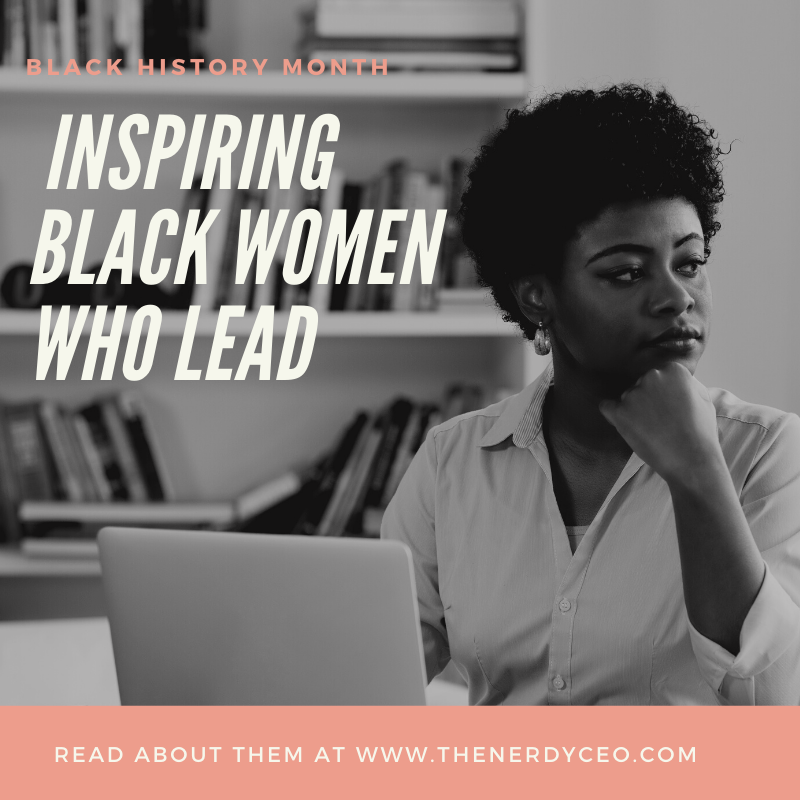
- admin
- Career, Leadership, Let's Talk Science, Lifestyle
- February 8, 2021
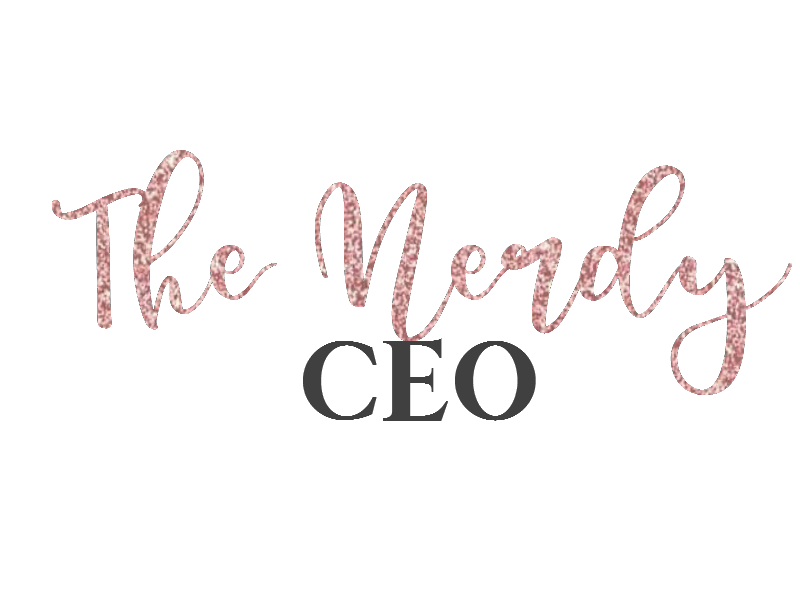
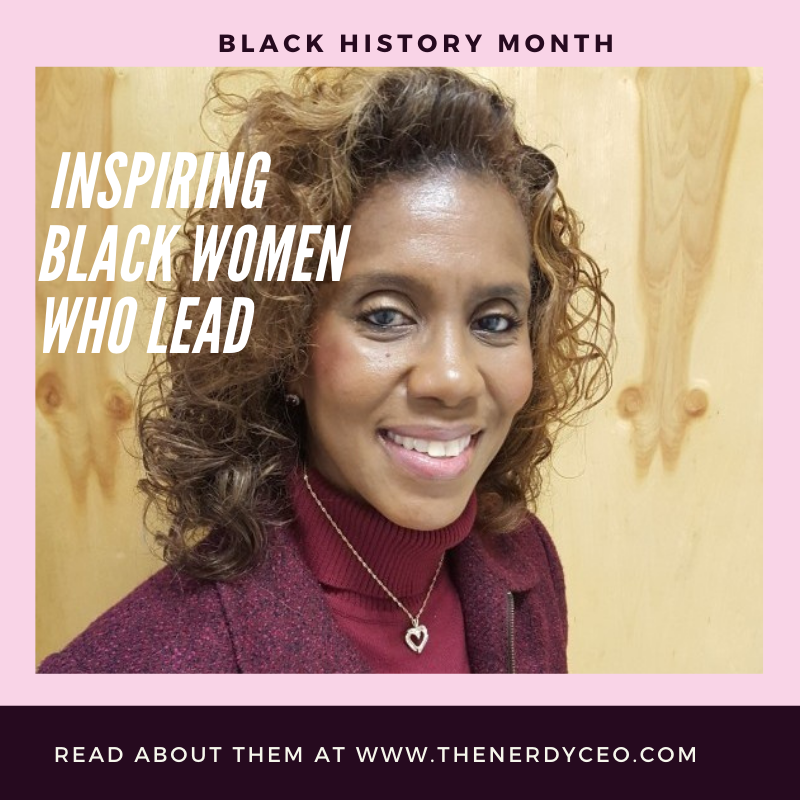

